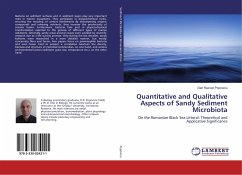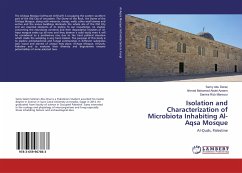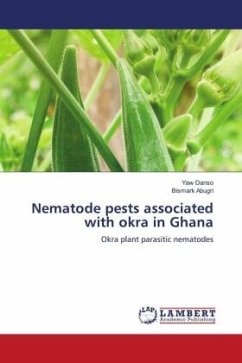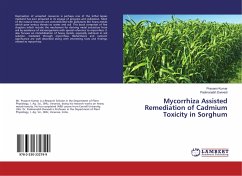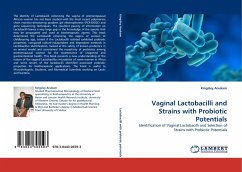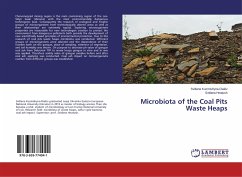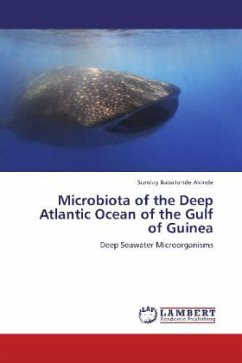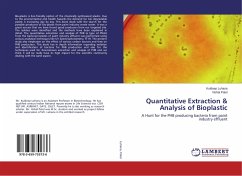Bacteria on sediment surfaces and in sediment layers play very important roles in marine ecosystems. They participate in biogeochemical cycles, ensuring the recycling of various bioelements By decomposing organic compounds and releasing nutrients, they increase the productivity of oceanic basins. Furthermore, bacteria take part in physico-chemical transformation essential to the genesis of different types of marine sediments. Generally, sandy areas around coasts were avoided by scientific research due to a life scarcity premise. Only during the last decades, sandy bottoms were researched in a more detailed manner, but mostly concerning flora and fauna. Few papers focus on psammophile bacteria and even fewer tried to present a correlation bewteen the density, biomass and structure of microbial communities, on one hand, and various environmental factors (sediment grain size, temperature etc.), on the other hand.

